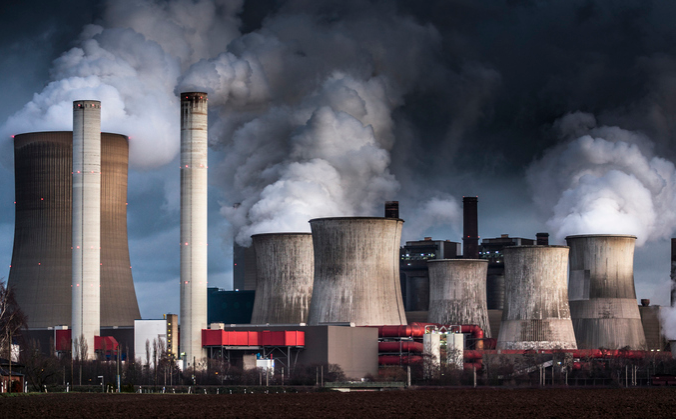
The International Energy Agency (IEA) has released a report projecting that global coal demand will continue to hit record highs through 2027, driven by persistent energy needs and slow progress in transitioning to cleaner energy sources. Despite global efforts to phase out coal in favor of renewable energy, demand for the fossil fuel remains stubbornly high, particularly in emerging economies.
The report highlights that much of the growth in coal consumption is concentrated in developing nations, where economic growth and population expansion are driving energy needs. Countries like India and China are leading the demand, with coal remaining a critical resource for power generation and industrial production. In India, for instance, coal accounts for nearly 70% of electricity generation, while China remains the world’s largest consumer of the fossil fuel.
The IEA notes that these nations are investing in renewable energy but face challenges such as infrastructure limitations, high costs of clean energy technologies, and increasing energy demand. As a result, coal continues to serve as a reliable and cost-effective energy source, even as its environmental costs grow.
In Europe, the war in Ukraine and resulting energy crisis have reignited coal demand in some countries. With natural gas supplies from Russia disrupted, several nations have temporarily turned to coal to meet energy needs during winter months. Germany, Poland, and other European nations have restarted or extended the operation of coal-fired power plants to ensure energy security.
While this reliance is expected to be temporary, it underscores the complexity of balancing immediate energy needs with long-term climate goals.
The sustained demand for coal poses significant challenges to achieving global climate targets. Coal is the most carbon-intensive fossil fuel, and its continued use undermines efforts to limit global warming to 1.5°C above pre-industrial levels, as outlined in the Paris Agreement.
Fatih Birol, the IEA’s executive director, emphasized the need for a faster transition to cleaner energy sources. The world is at a critical juncture, Birol said. We must accelerate investments in renewables and energy efficiency to reduce our reliance on coal and other fossil fuels.
The IEA report suggests that while coal demand will remain high in the short term, a combination of policy measures, technological advancements, and market dynamics could eventually lead to a decline. The adoption of carbon capture and storage (CCS) technologies and a shift towards less carbon-intensive industrial processes are highlighted as potential solutions.
In the meantime, global leaders are urged to strengthen international cooperation and increase funding for clean energy projects, particularly in developing nations. Without significant action, the world risks locking in high carbon emissions for decades to come.
The report serves as a stark reminder of the urgent need for a coordinated global effort to transition away from coal and toward a more sustainable energy future.

